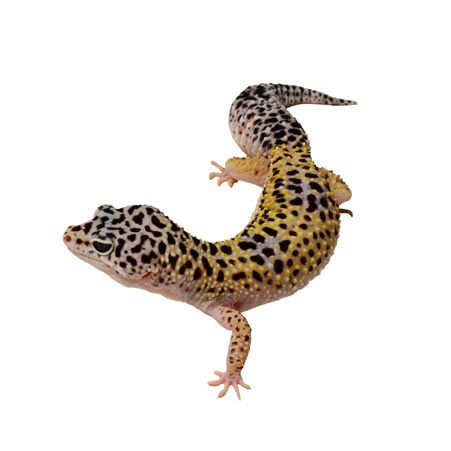
There is a wide variety of lizards available in the pet trade market. They come in all sizes, from the eventual several-foot-long monitors and iguanas to loonie-sized geckos. Some, like bearded dragons, are very common, while others are more difficult to find. Their diets range greatly from vegetarian to carnivores and everything in between. Some are hardy and make great pets for beginners, while others are challenging even for experienced reptile owners. But all rely on specific environmental requirements to maintain optimal health. Ensuring this fine balance of all these factors can sometimes be a tricky and daunting task. Our experienced and knowledgeable team is here to educate and offer you guidance, and can help identify deficiencies that might lead to health concerns and set you on the path to maintaining a healthy lizard, regardless of which type you have.
Nutrition and environmental related disorders and diseases are the most common problems seen in lizards. These problems may not start manifesting themselves for months or even years, at which time they may become life-threatening. Intestinal parasites are also common in lizards, especially those eating live prey such as crickets or other insects. We can help you avoid these problems. An initial checkup for new lizards followed by regular physical and fecal examinations once a year, can help identify current or potential medical problems and, if necessary, begin treatment.
Call us to set up an examination so we can discuss how to help keep your lizard healthy. In addition, the veterinarians at our Toronto hospital can provide you with information on appropriate enclosures, specific environmental requirements, sanitation, and disease prevention.

